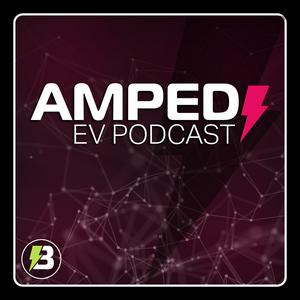The Chevy BrightDrop 400 is a compact, all-electric delivery van built for last-mile fleets. It’s smaller than the BrightDrop 600 but still delivers strong cargo capacity, flexible charging, and driver-friendly features. In this walkaround, we cover driving impressions, cargo space, and charging capability to show how it performs in daily fleet use.
BrightDrop 400 Features and Specs:
Size: 238.6 inches long, a width of 89.4 inches (without mirrors), and a height of 109.2 inches. (About nine feet tall, seven feet wide, and just under 20 feet long)
Service: No belts or oil changes; only coolant and washer fluid
Efficiency: Regenerative braking and one-pedal driving extend brake life and return energy
Safety: Park sensors, forward collision alerts, heated mirrors, and a surround-view HD camera
Interior: Cushioned passenger seat, multiple cupholders, charging ports, and power outlets (120V/240V, up to 7.2 kW)
Cargo: 3,710-lb payload, 412 cubic feet of volume, sliding doors for safe street-side deliveries, upfit-ready interior
Charging: Supports scheduled charging, DC fast charge with preconditioning, and on-screen charge status. Delivery mode auto-opens/closes doors to save time at stops
The BrightDrop 400 blends cargo space, safety tech, and EV efficiency into a smaller footprint for last-mile delivery.
www.thebuzzevnews.com


